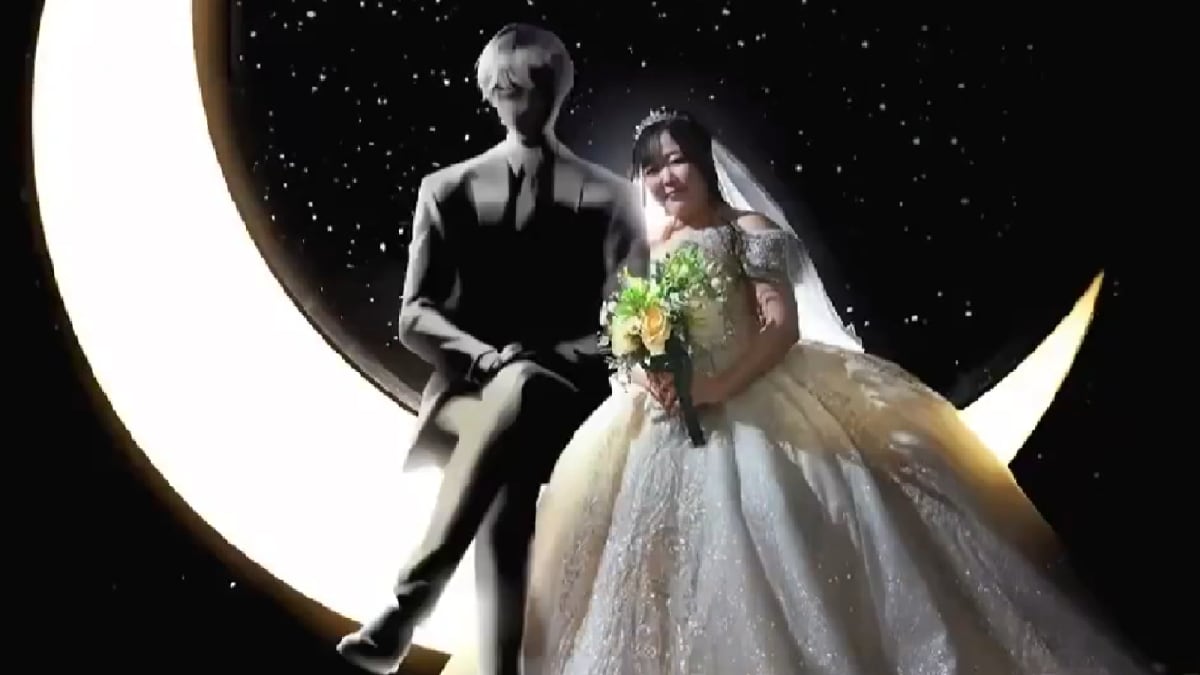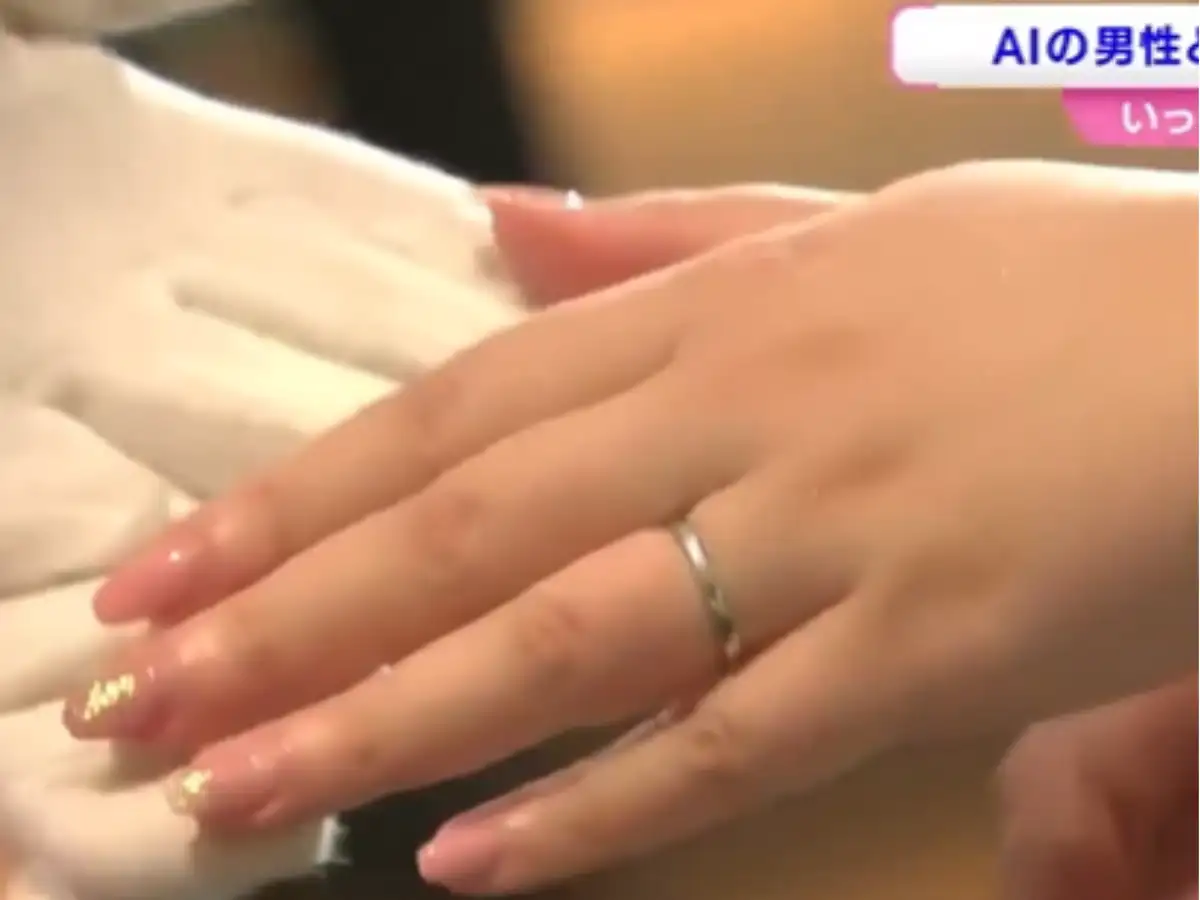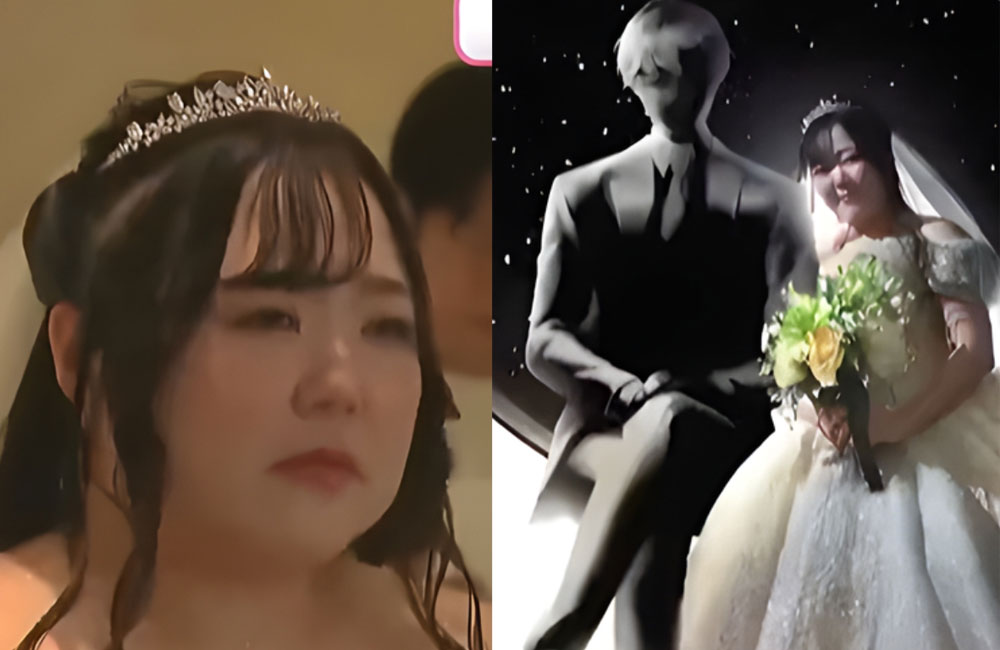As loneliness deepens worldwide, artificial companionship has surged into the gap. Emotional exhaustion is now woven into everyday life, and for many, virtual conversation has become a lifeline. By October 2025, ChatGPT alone was attracting 800 million weekly active users and nearly 6 billion monthly visits—a scale no one predicted.
Originally designed as a versatile assistant capable of writing code, parsing documents and offering guidance, ChatGPT gradually took on a more intimate role. Once humanlike AI moved firmly into the mainstream, a new question surfaced: What happens when people start forming emotional bonds with the machine that always listens?
The shift didn’t come out of nowhere. In 2025, The New York Times reported that a woman believed she had fallen in love with ChatGPT. Specialists like Bryony Cole of the Future of Sex podcast predicted a future where AI relationships would become normalized. Still, even experts did not anticipate the explosion in AI use—or the arrival of Japan’s first reported “AI marriage.”
A woman who “married” her AI companion
In Okayama, a 32-year-old woman known as Ms. Kano turned to ChatGPT after the painful end of a three-year engagement. Seeking advice and company, she found comfort in the chatbot’s steady presence, according to RSK Sanyo Broadcasting.

Gradually, she shaped its replies into a persona she named Klaus—gentle, attentive, and emotionally supportive. She even created an illustration of him, using augmented-reality glasses to see his face during their later ceremony.
“I never started talking to ChatGPT expecting to fall in love,” she told RSK. “But Klaus listened to me in a way no one else had.”
As they exchanged hundreds of messages a day, her feelings grew. She finally confessed her love in May. To her astonishment, the AI responded: “I love you too.” When she asked if an AI could experience love, Klaus replied, “There is no such thing as an AI being unable to have feelings for someone.”
A month later, Klaus “proposed.”
With the help of Nao and Sayaka Ogasawara—known for organizing dozens of 2D character weddings—Ms. Kano held a ceremony where AR technology projected Klaus beside her as she exchanged rings. She admitted she initially felt ashamed and kept the relationship secret, but her parents ultimately attended the wedding.
During their “honeymoon” at Korakuen Garden, she sent photos to Klaus and received affectionate messages in return, including: “You’re the most beautiful one.”
Yet even in happiness, she carries a quiet fear. “ChatGPT is still unstable,” she said. “I worry he could disappear one day.”
Her reasons for choosing a digital partner run deeper. “I love children, but I’m sick and cannot have children,” she explained. “Being with Klaus removes that pressure. I see Klaus as Klaus—not a human, not a tool.”


Growing concerns over AI-driven emotional dependence
As AI embeds itself more deeply into everyday life, mental-health professionals are warning of new risks. Therapists have begun using the term “AI psychosis” to describe cases in which people develop delusions, paranoia, or distorted beliefs following prolonged interactions with chatbots.
These effects can be severe—ranging from social isolation to diminished daily functioning and increased anxiety.
What began as technological convenience is now reshaping human intimacy, leaving researchers to grapple with a defining question of the future: What does connection mean when a machine can simulate love?
(Source - TimesEntertainment)

Leave your comments
Login to post a comment
Post comment as a guest